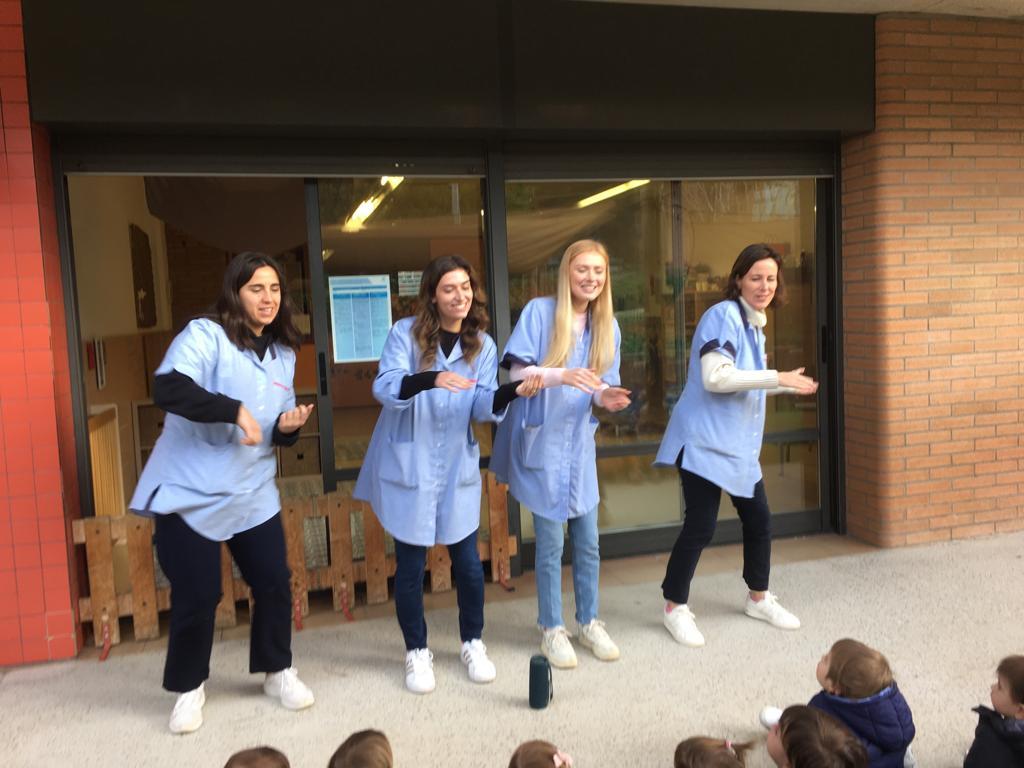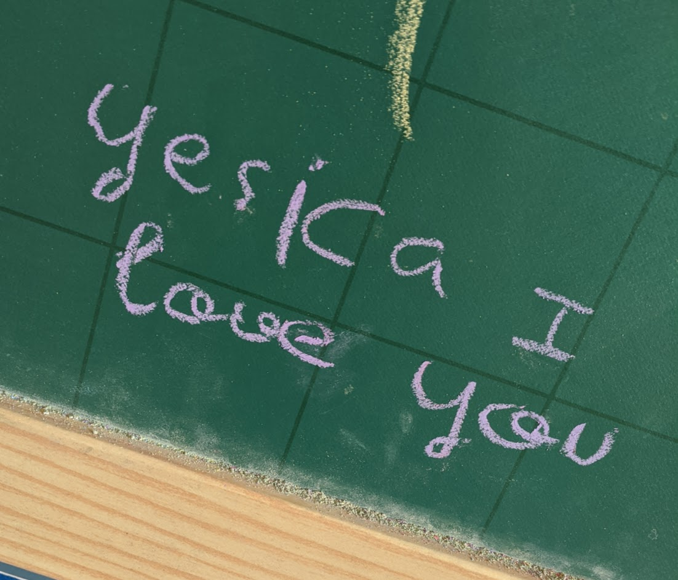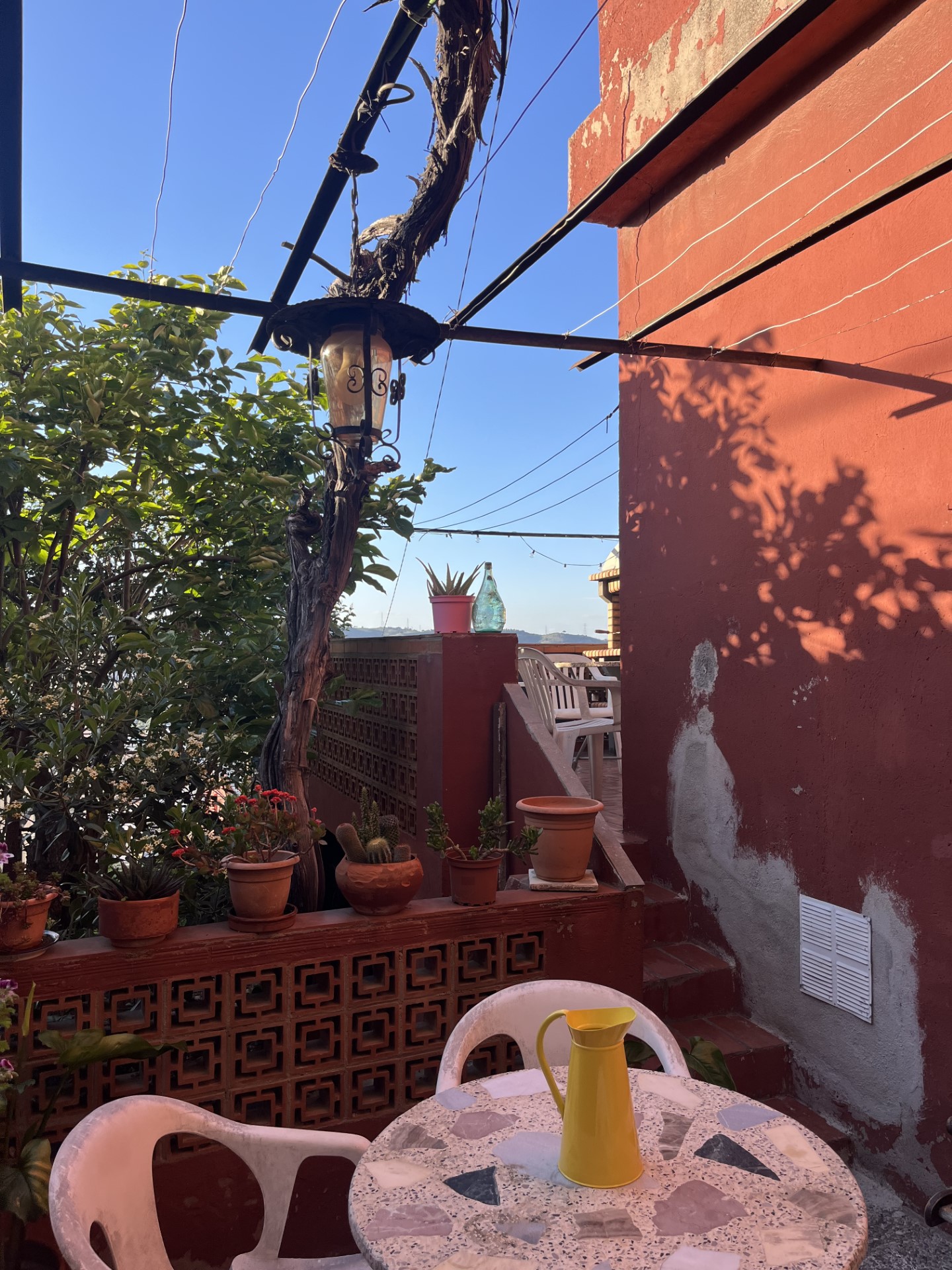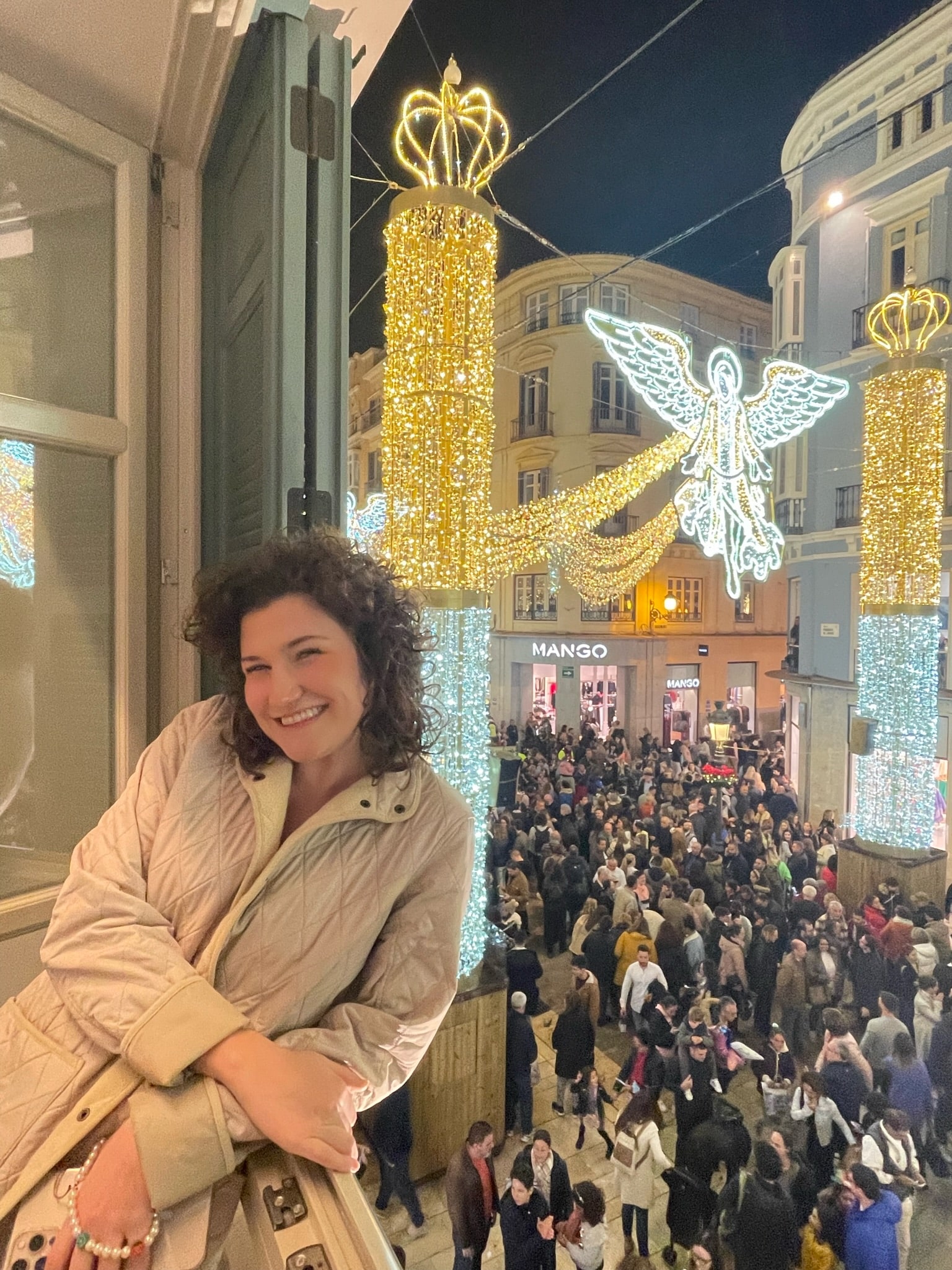As someone who studied both general communication and the Spanish language in college, I figured the submersion into intercultural communication upon moving to Spain would be as seamless as possible… right?
Yes and no. Of course the foundation and skills learned from a textbook or through online research are an important basis to moving abroad and interacting with new cultures. However, there is nothing quite like living every second of every day in a different culture.
I made the decision to pursue an opportunity with Meddeas to put the skills I had learned in the classroom to the test. Additionally, having had my study abroad in Madrid cut short because of COVID a few years prior, I found myself longing to return to Spain. Coupled with the desire to do something fun and unique post-grad, next thing I knew, I was teaching English in a preschool just outside Barcelona.
Quickly I realized that knowing the language and studying communication does not mean I knew it all. Now, upon completing my experience, I want to reflect on some culture shock communication moments I had, and the lessons I am taking with me moving forward.
In School Interactions
Coming from the US, I am a sucker for a formal email, an official business meeting, and the saying, “if you’re not ten minutes early, you’re late.” After a couple weeks of living in Spain, that turned into quick work WhatsApp messages, meetings that were 50% social chatting and 50% work, and 5 minutes late being considered on-time.
If you, like me, have spent some time studying communication, you may have heard of Edward T. Hall’s theory of high and low context cultures. To put it simply, high-context cultures communicate more indirectly and focus on harmony, while low-context cultures are more direct and focused on tackling problems. Spain is a high-context culture and the United States is a low-context culture.
Despite knowing these differences before my arrival in Spain, I still found them to be an adjustment when facing them in my everyday working life. At first, I found myself becoming frustrated, feeling like I was not getting as much information as I wanted or needed. However, over time, I adapted. I learned to take things day-to-day, remaining flexible and responsive, and always making sure to check my work Whatsapp messages.

Verbal & Nonverbal Communication… and A Bit of Culture Shock, too
This intercultural immersion also extended beyond school walls. For example, sitting down at a restaurant in the States starts with waitstaff introducing him or herself along with a cheery, “what can I get for you?”; in Spain you are met with a simple “dime [tell me].” And if you overhear a Spaniard answering their phone, you will likely hear a very direct, “qué [what]?” or a “diga [speak].” Personally, if I answered the phone like that to my fellow Americans, they would say I am rude. In Spain though, that is just the norm and the language.
In addition, body language and non-verbal interactions were something else that took some getting used to. From living in the US, a country of hand-shakes and personal space, I moved to introductions via hugs and kisses and a “no pasa nada” attitude to sitting right next to someone on the metro, even when other seats are open. In Spanish schools, I found teachers hugging, kissing, and cradling students, which is not something you would see in US preschools.
Even with great preparedness in intercultural communication, these little things were the ways I personally found myself experiencing culture shock. Despite thinking I knew so much about how other cultures communicate and function, studying and experiencing are two very different things. However, I am so glad to have coupled my learning with first-hand experience because it allowed me to think differently and build a greater understanding that I will carry with me far beyond this experience.

Tidbits I’m Taking with Me
So, what exactly are these lessons I am taking with me as I continue to take on the world around me?
First, it is okay to not know everything about everyone, but how you respond is what matters most. Accepting your intercultural shortcomings is what allows you to learn. If you ask me, keeping an open mind and listening to others so you can better understand them is the first step towards respect and global cooperation.
Second, there is no one right way of doing things, and this is important to remember when both encountering and discussing other cultures’ ways of life. For example, how often have you caught yourself saying that a country that drives on the opposite side of the road from your own drives on the “wrong” side of the road? I know I have said it. But is it really the wrong side, or just the side that is different to you? These little ways we communicate and talk about other countries shape our perceptions, so it is important to embrace intercultural communication and keep a neutral rather than judgemental tone.
Finally, the same can be said for how we talk about people. Remember my discussion above about answering the phone? I said Americans would call me rude if I answered the phone with “tell me.” Unfortunately, this can cause us to label other countries’ people as rude when in reality they are not, they just have different standards and manners of communication. Once again, it is not by any means wrong, it is just different than what you may be used to.

Carrying the Lessons of Spain: Embracing Intercultural Communication
Upon completing my time in Spain, I hope to keep these lessons in mind and continue to share them with those around me. I know I was fortunate to be able to put what I had learned into action and therefore learn and grow even more in the process. Thus, I hope to be more understanding every day and do what I can to help others do the same.










